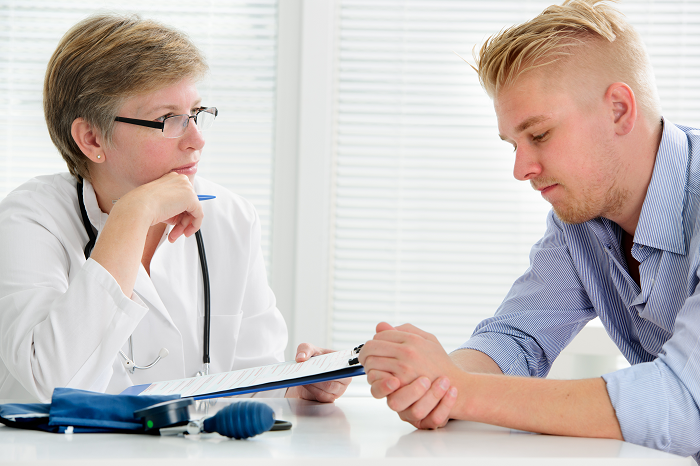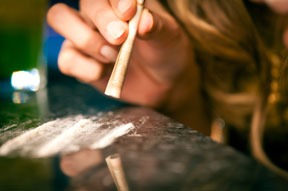15 Simple ways to Avoid Stimulant Addiction Relapse
Addiction to stimulants is a growing problem in the United States and around the world. According to the National Institute on Drug Abuse, stimulants are a class of drugs that raise body functions such as metabolism, heart rate, and blood pressure. Historically they were used as medications for neurological problems and respiratory illness. Unfortunately, they are also highly addictive.
Rehab centers across the United States deal with stimulant addiction. They help you get off the stimulants. Once you are off relapse is a huge problem but there are quite a few simple ways you can avoid stimulant addiction relapse.
1. Avoid Places where you Once Used Stimulants
Sense memory is a very large trigger to relapse. By avoiding the places you traditionally used or bought stimulants you can avoid the sense memory triggers that belong to that place.
2. Avoid the People who you Once Used Stimulants with
Like the places you once used, people you used with are also triggers for you. Not only are they likely to encourage you to start using again, their presence can contain sense memory triggers for you as well.
3. Take a Class

Taking a class is a good distraction from drug cravings.
One way to avoid relapse is to keep busy. A perfect way to do this is to take a class. Learning engages the brain and distracts you from cravings.
4. Take up a Hobby
Taking up a hobby is similar to taking a class in that it occupies the brain. You can also use a hobby to distract yourself from cravings and other complications of sobriety such as boredom.
5. Start a Journal
Journaling is a great way to both track cravings and triggers, while you are keeping your hands and mind occupied. You can use the information in your journal to improve your knowledge of triggers and their effects.
6. Go to a Meeting
You do not necessarily have to join a 12 step program to use the support of a meeting. There are other community groups that hold meetings where addicts share their experiences. Shared support can help you conquer cravings.
7. Keep Busy
Like many relapse suggestions, keeping busy is an important way to avoid relapse. One cause of relapse is boredom. You can defeat this cause by keeping busy.
8. Invite Friends and Family Over to Help
Friends and family who do not use drugs are an excellent resource for preventing drug cravings. By using them as a support structure, you can talk things out with them or simply use them as a distraction.
9. Talk to your Counselor or Sponsor
When you talk to a counselor or sponsor, you are talking to someone who knows what you are going through.
10. Take a Walk or Get Some Exercise
Exercise, even something as simple as walking, is an excellent way to avoid relapse. Exercise releases dopamine in the brain. This causes pleasurable feelings and helps you overcome your triggers and cravings.
11. Start a Yoga Class
Yoga is a form of both exercise and meditation. You can take a yoga class or practice and learn on your own.
12. Join a Group or Gathering
Joining a group that keeps you busy is an excellent way to distract yourself. Distraction is one of the keys to avoiding relapse.
10 Ways to Deal with the Post Holiday Blues Without Stimulants
13. Volunteer
Volunteering your time can help you stop a relapse by giving you something to do. When you do something good for others it releases dopamine into the brain making you feel better.
14. Go to Local Events
Going to local events is another form of distraction, particularly if you used to engage in your stimulant addiction on the weekends.
15. Find a Treatment Center
Treatment centers are easy to find, all you have to do is call 800-605-6597 Who Answers?.



